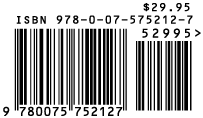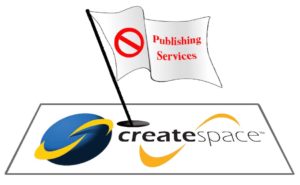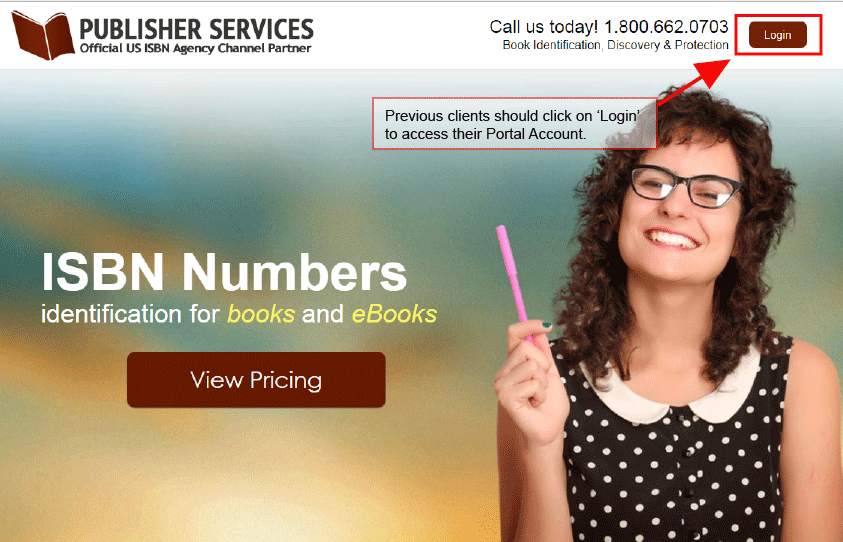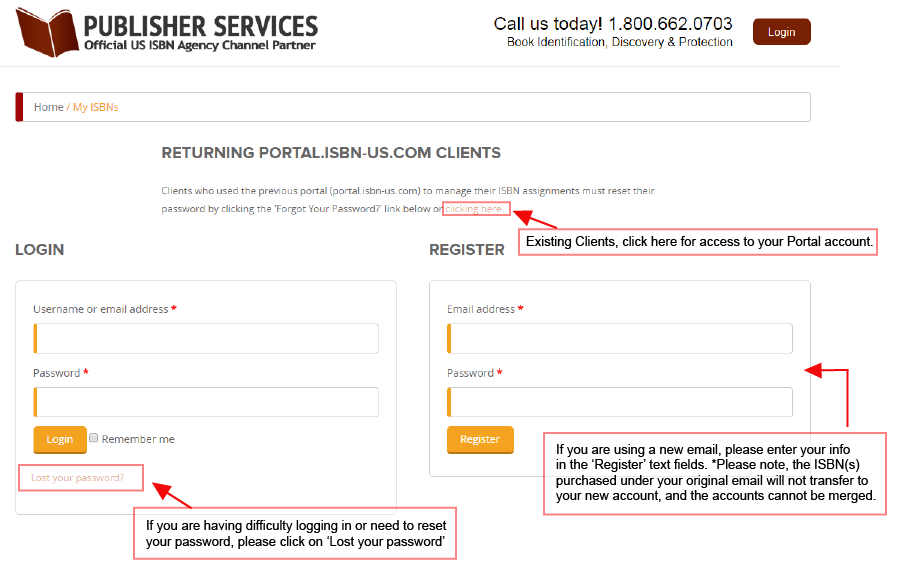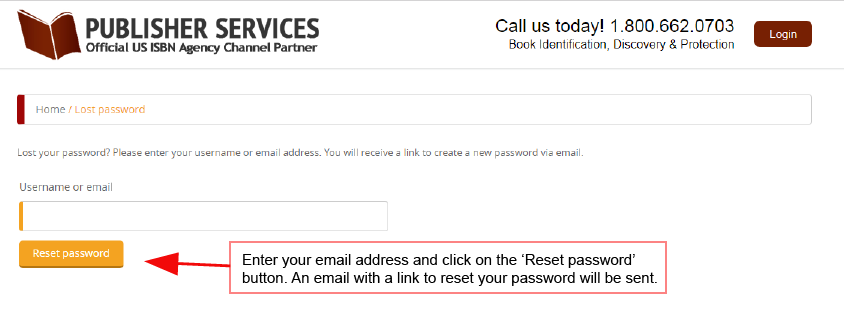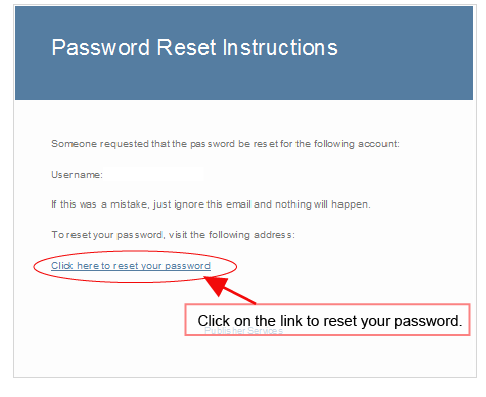The Importance of an ISBN and Barcode
A necessary requirement for selling physical books through booksellers, wholesalers, and distributors is the assignment of unique ISBN numbers for each title and a corresponding barcode symbol on the back cover ISBN identification is a global standard to uniquely identify individual titles and formats. Proper identification yields benefits efficient payment and supply chain processing. Each country has a designated ISBN agency to manage assignments and promote the standards. Publisher Services is an authorized agent of the US ISBN agency www. isbn-us.com.
Physical books (paperback, hardcover, etc.) require a barcode rendition of the ISBN assignment to allow the book to be tracked though the supply chain and point-of-sale. In order for booksellers to automatically capture an ISBN, it must be converted into a scannable barcode. The Bookland EAN symbol is the barcode of choice in the book industry worldwide, because it allows for encodation of ISBN’s.
Larger book retailers, as well as many book wholesalers, require that the books they handle be marked with the Bookland EAN barcode. With this machine-readable code on the book, the retailer can scan the symbol and identify the book easily and electronically by its ISBN. When a retail clerk scans the Bookland EAN barcode at the point of sale, the barcode identifies the book so that the price and other information about the book can be retrieved from the bookseller’s database. The computer then automatically reports the price to the cash register and the book buyer pays the correct price for the book.
Bookland EAN Barcodes
In the United States, most retail products are marked with a UPC symbol. The corresponding barcode symbol in use in every other country aside from the United States is the European Article Number (EAN). Every EAN begins with a 2 or 3 digit prefix, which indicates the country of origin. EAN’s for companies registered in France, for example, might begin with the prefix 34; Japan’s prefix is 49. Since the book industry produces so many products, it has been designated as a country unto itself and has been assigned its own EAN prefix. That prefix is 978 and it signifies Bookland, that wonderful, fictitious country from where all books come.
An EAN which begins with the Bookland prefix 978 is called a Bookland EAN code and is used on books and book related products internationally. The Bookland symbol is the barcode of choice in the book industry because it allows for encodation of ISBNs (the numbers publishers use to identify their products).
Two Barcodes in One
The Bookland EAN barcode is actually two barcodes side by side. The larger barcode to the left is the EAN derived from the ISBN. The smaller barcode to the right is a 5-digit add-on where various information might be encoded. Most often the add-on is used to encode the retail price of the publication. A Bookland EAN code which has the price encoded in the add-on is called an EAN/5. It gets its name from the first digit of the add-on, which is the currency indicator. Five is the designation for U.S. dollars. An add-on of 51095 encodes the price $10.95. A book priced at $3.00 would have the add-on 50300. For books with prices above $99.00, there are specific coding guidelines. (Click here for information)
The larger book retailers prefer the use of EAN/5. When the publisher chooses not to include the price, however, the add-on is 90000 (EAN/9), which is a null code indicating that there is no data encoded. Scanners in bookstores In the U.S. cannot read the Bookland EAN code without its 5-digit add-on. Thus, the use of either the EAN/5 or the EAN/9 is required. There has been a dramatic increase in the usage of Bookland EAN symbols, since companies are investing millions of dollars in computer systems and scanning equipment to take advantage of automatic data collection. The foundation of these systems is contingent on barcode print quality. When symbols can not be read or decode incorrectly, the efficiency of these systems is brought to a halt. Consequently, many retailers and wholesalers are severely penalizing consumer goods manufacturers who furnish substandard symbols.
ISBNs and eBooks
Providing their titles in ebook format is a decision which every publisher needs to consider. It is very important that the different ebook formats are represented by unique ISBN assignments. Most small self publishers only use a single ISBN to represent the various formats due to cost, but this practice goes against the BISG best practices guidelines for assigning ISBNs. Due to the different possible versions (i.e. .mobi , .pdf, etc.) many mid-large publishers make a distinction. Please note that barcodes are not required for ebook since they will never be scanned.

